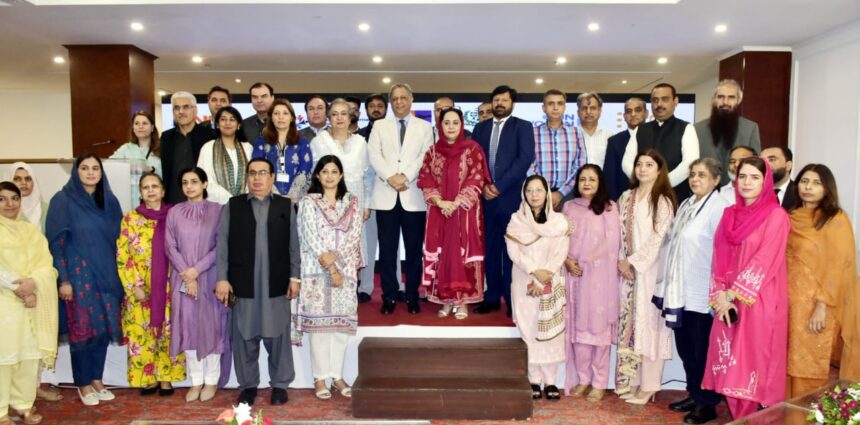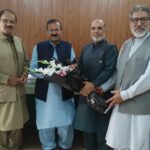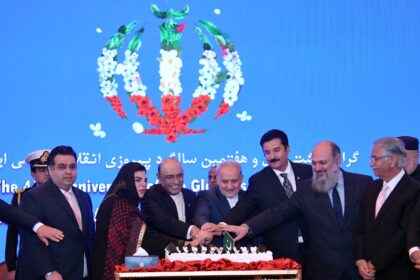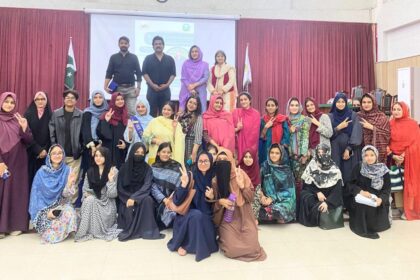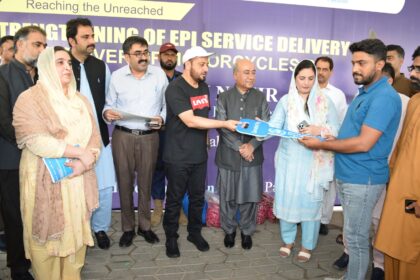Government officials and stakeholders have reaffirmed their commitment to adopting a National Gender Parity Framework designed to produce reliable data, harmonize reporting, and strengthen policymaking on women’s rights and inclusion. The pledge came during a two-day national consultation organized by the National Commission on the Status of Women, where provincial and regional representatives presented indices and reports and agreed on a common mechanism for gender parity reporting.
The consultation, convened by the National Commission on the Status of Women (NCSW), brought together provincial and regional delegations that presented their gender indices and related reports. Participants reviewed existing data gaps and proposed indicators to track progress on gender parity across sectors.
Delegates reached consensus on establishing a uniform mechanism for gender parity reporting to ensure consistent, comparable data across provinces and regions. Organizers said the shared reporting framework is intended to eliminate discrepancies and improve the credibility of national statistics on gender.
Senator Azam Nazeer Tarar reiterated the government’s commitment to the new framework, saying it will provide trustworthy and accurate data to guide policy. He emphasized that better data will enable evidence-based interventions to address disparities affecting women.
A federal minister warned that some international statistics misrepresent Pakistan’s situation, underscoring the need for a homegrown, reliable data system to reflect the country’s realities more accurately. Proponents said the new framework will help correct such misconceptions by producing standardized national figures.
Officials highlighted that the framework will strengthen policymaking to close gaps in women’s education, health, employment, and leadership. By aligning indicators and reporting practices, policymakers expect to better identify priorities and monitor the impact of programs aimed at improving women’s outcomes.
The Ministry of Human Rights committed to integrating the National Gender Parity Framework into existing laws and policies, signaling a move to institutionalize the framework’s principles across government workstreams. Organizers also noted the Prime Minister’s stated support for advancing women’s rights and inclusive participation.
“Equality should not be a promise but a practical reality,” Senator Tarar said, urging swift implementation of the framework so that reliable data and coordinated action translate into measurable improvements for women nationwide.




